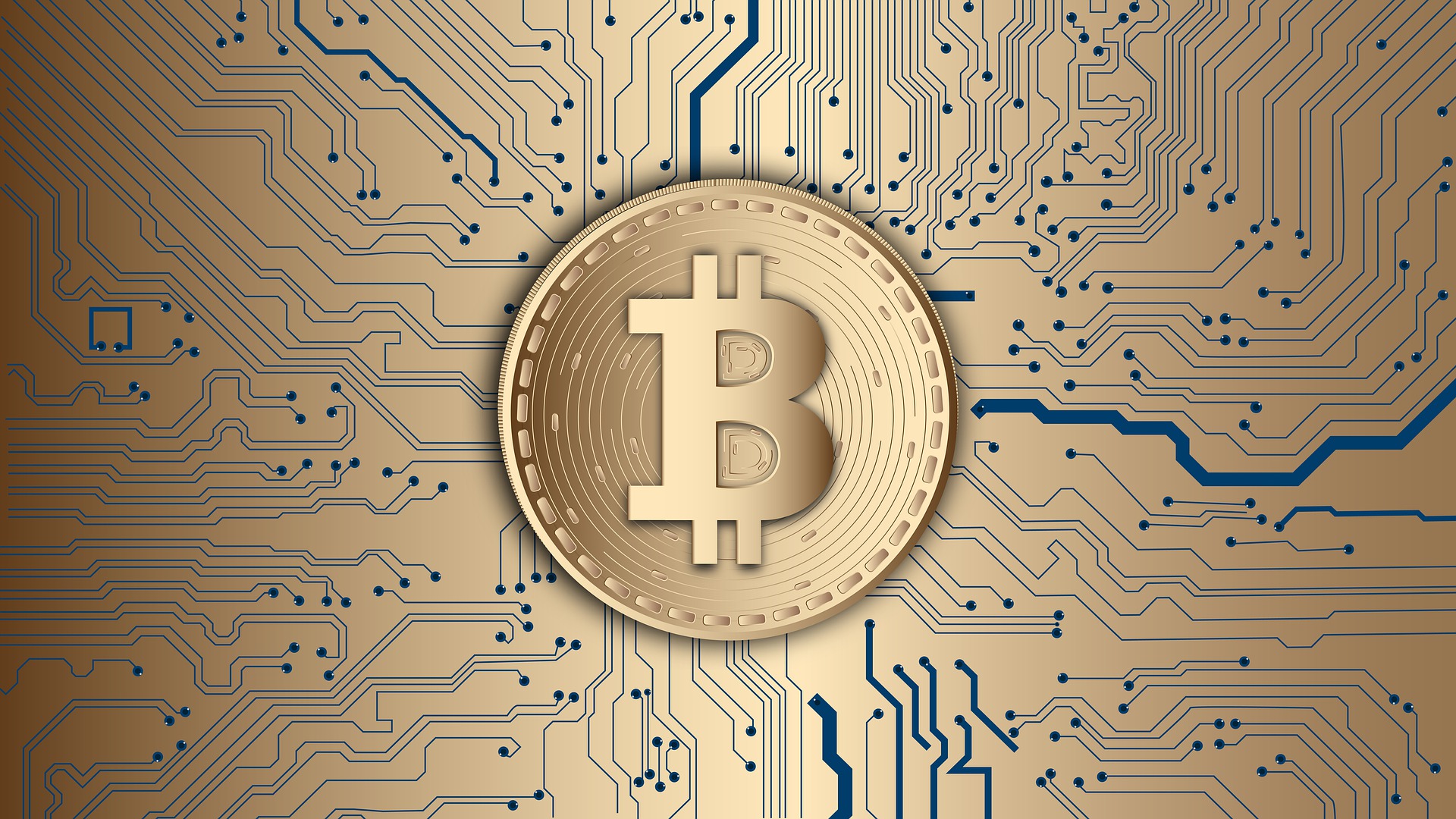Home Cryptography What is a Blockchain
What is a Blockchain

Blockchain is a decentralized and distributed digital ledger technology that allows multiple parties to maintain a shared database without the need for a central authority. It was first introduced in 2008 as the underlying technology behind Bitcoin, the popular cryptocurrency, by an anonymous person or group known as Satoshi Nakamoto.
At its core, a blockchain is a chain of blocks that store information. Each block contains a set of transactions or data, along with a unique identifier called a cryptographic hash, which is generated based on the contents of the block. Each block's hash also includes the previous block's hash, thus creating a chain of blocks, hence the name "blockchain."
One of the key features of blockchain is its decentralization. Instead of relying on a central authority such as a bank or government, the blockchain network is maintained and validated by a network of participants Wknown as nodes. These nodes work together to reach a consensus on the state of the blockchain and ensure the integrity of the data.
Blockchain technology offers several benefits:
Transparency: The blockchain is often considered transparent because it lets anyone view the entire transaction history stored in the blocks. This transparency helps to build trust among participants.
Security: The cryptographic techniques used in blockchain make it highly secure. Each block is linked to the previous block through a cryptographic hash, making it difficult for anyone to tamper with the data stored in the blockchain.
Immutability: Once a block is added to the blockchain, changing or removing the data becomes complicated. This immutability ensures that the transaction history recorded in the blockchain is reliable and cannot be easily altered.
Trust and Disintermediation: By eliminating the need for a central authority, blockchain enables peer-to-peer transactions, removing intermediaries and reducing costs. It allows participants to trust the system rather than relying on trust in a central entity.
Blockchain technology has expanded beyond cryptocurrencies and has found applications in various industries, such as supply chain management, healthcare, finance, and more. It enables secure and transparent transactions, facilitates efficient record-keeping, and provides a foundation for building decentralized applications (DApps).
It's important to note that blockchain technology is still evolving, and there are different types of blockchains, including public blockchains (open to anyone), private blockchains (restricted to a specific group of participants), and consortium blockchains (shared by multiple organizations). Each type has its use cases and considerations.
